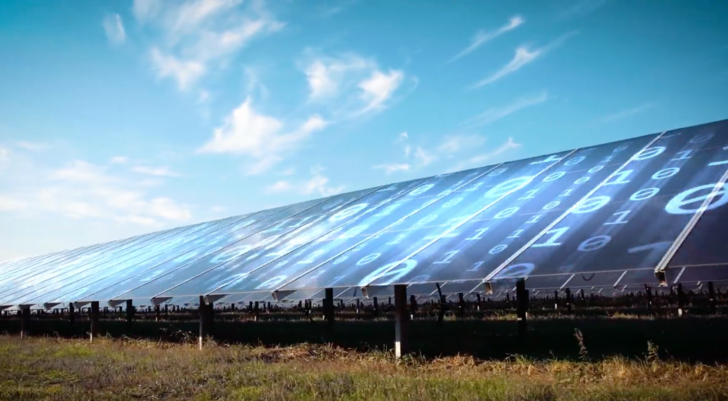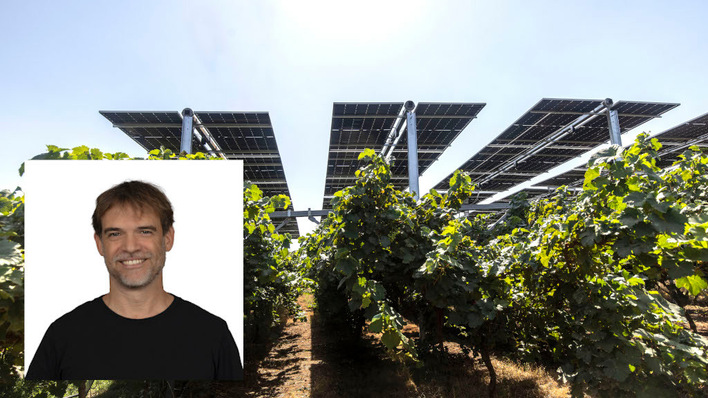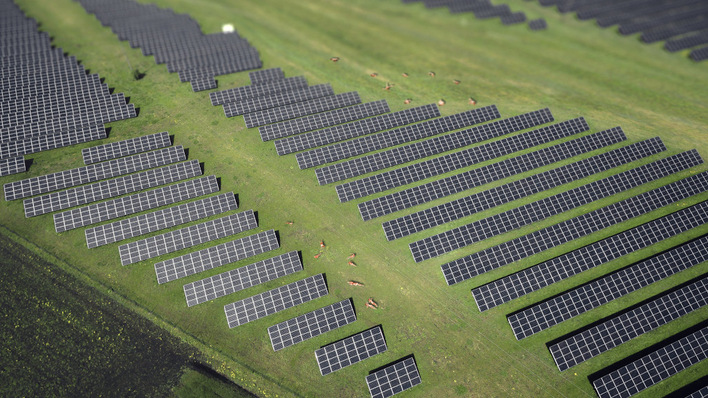At the Intersolar trade fair, which will of course take place October 6–8 2021 in Munich, Germany, Raycatch will be presenting their AI asset management system at the pavilion of its partner BayWa r.e., a global renewable energy solutions group. A previous version of DeepSolar won the Intersolar Award in 2019.
For the first time ever, the system will use its AI engine to detect the effects of soiling and vegetation on PV asset performance. Getting automatic alerts about specific areas and devices where there are soiling and vegetation issues enables asset managers and O&M teams to act accordingly – wash the dirty panels, cut the shading grass, etc. – at the right place and the right time, hence dramatically boosting solar assets’ performance while at the same time significantly reducing the costs due to unnecessary washings and cuttings.
What other new features does the new version of DeepSolar have?
The new DeepSolar version also enables users to track their solar assets’ daily status by providing them with daily key AI-based events and KPIs. It introduces a unique performance breakdown of the solar assets’ day-to-day profits and losses, and enable preventive maintenance by locating components with recurring faults. New inverter insights include the identification of clipping, which is very significant as overcapacity assets have become the new norm. Other new capabilities include power factor drops, irradiance sensor and sun tracking system faults, and more.
See also: An AI-enabled digital energy platform for Europe
“The new DeepSolar version provides meaningful insights into the work process of asset owners, managers and operators, and helps users focus on the significant ongoing changes in their assets that require corrective actions,” says Haggai Hofland, Raycatch CEO and Co-founder. “It allows users to understand whether there are production gaps, where they are, what caused them and what should be done accordingly.” (mfo)








